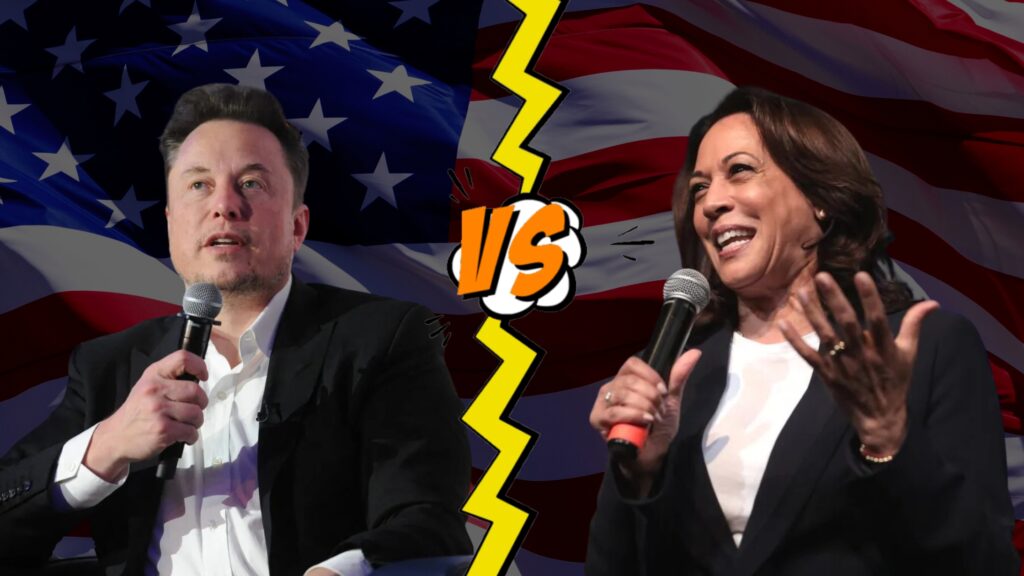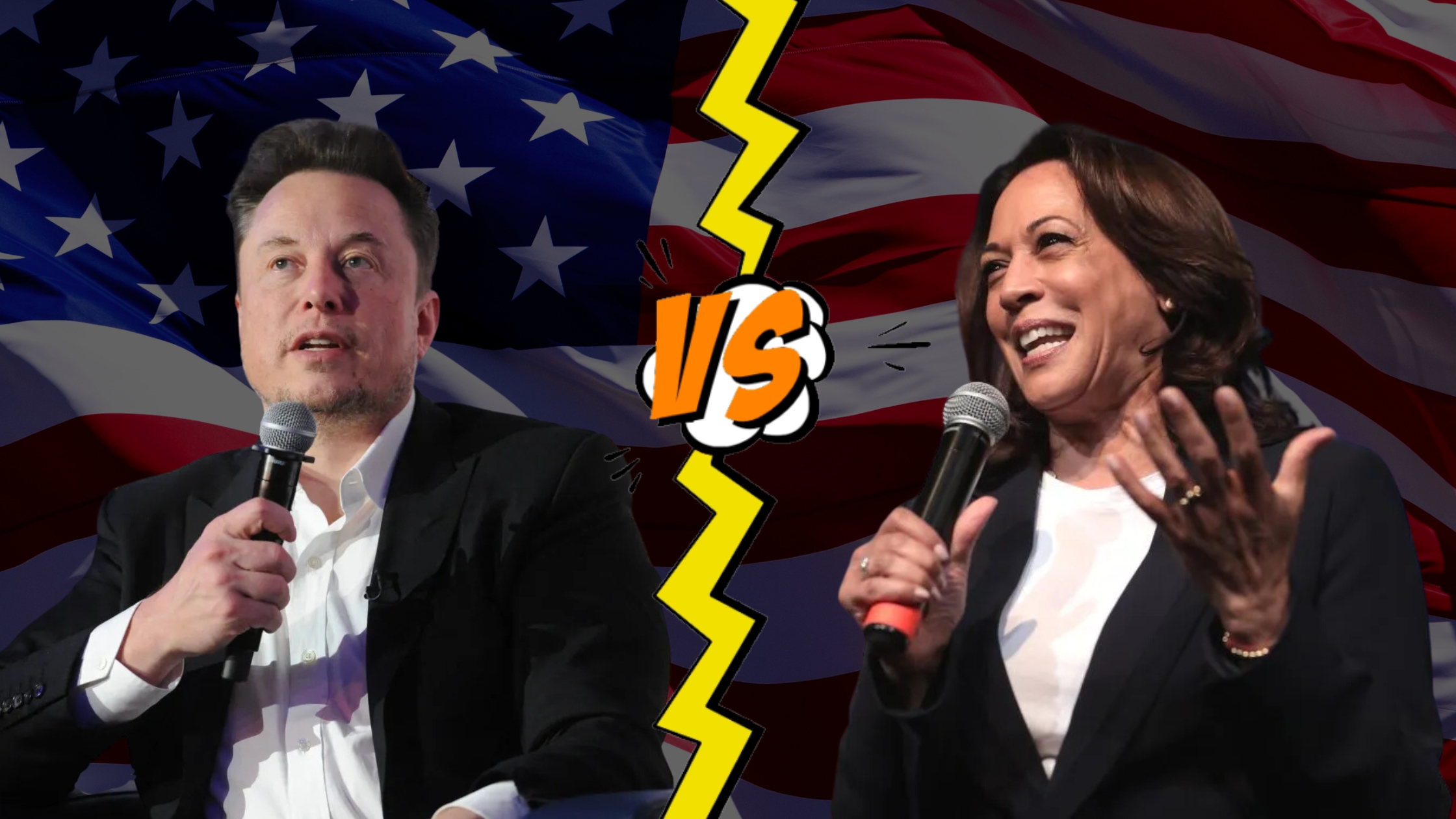
Elon Musk’s recent reposts of AI-generated deepfakes of Kamala Harris have sparked controversy and raised questions about the spread of misinformation. California’s new law, signed by Governor Gavin Newsom, aims to curb the spread of deceptive content, including deepfakes, that could influence elections.
The Law and Its Implications
The law targets individuals who knowingly distribute materially deceptive content, including deepfakes, with the intention of confusing voters. This means that social media users, including influencers and high-profile figures like Musk, could face legal action for sharing such content.
The Concerns
Experts warn that deepfakes can have serious consequences, including undermining trust in democratic institutions and manipulating public opinion. With the 2024 presidential election approaching, it’s essential to address the potential risks associated with AI-generated content.
The Way Forward
As we navigate the complexities of AI-generated content, it’s crucial to prioritize media literacy and critical thinking. By promoting fact-based information and holding individuals accountable for spreading misinformation, we can protect the integrity of our democratic processes.
What are your thoughts on deepfakes in politics? Share your insights in the comments below.









